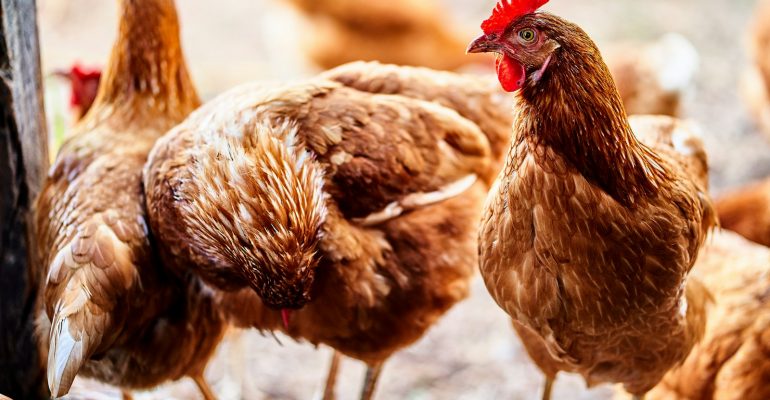UK’s Largest Poultry Supplier Leverages Low-code and RPA for Automation

UK’s Largest Poultry Supplier Leverages Low-code and RPA for Automation
Efficiency and productivity are critical indicators of a company’s success. For 2 Sisters Food Group, the UK’s largest poultry supplier, improving efficiency meant reducing non-value-added work through automation. This journey, embarked on by their shared services center, has transformed their operations.
2 Sisters Food Group, with its expansive reach, employs 23,000 workers across 42 sites in the UK. The organization has grown significantly through acquisitions, adding complexity to its operations. Two years into their automation journey, they now consider themselves pioneers in digitizing shared services centers. This progress is attributed to the integration of Robotic Process Automation (RPA) and low-code development.
Streamlining Processes
The shared services center at 2 Sisters handles financial transactions for nearly 80% of the company’s locations. Before their automation efforts, these processes were predominantly manual, reliant on paper and Excel spreadsheets. Recognizing the need for digitization to achieve their goal of becoming a more digitally-focused organization, they sought to automate these labor-intensive tasks.
Jon Heeley, the Automation Program Manager at 2 Sisters, analyzed the workflows within his department and identified significant inefficiencies in data entry into the ERP system. To address this, Heeley implemented an RPA platform. RPA employs software bots to manage high-volume, repetitive tasks, which in this case, included data entry. This move marked the beginning of reducing non-value-added work.
However, RPA has its limitations:
- Effective implementation requires well-structured and high-quality data.
- The cost and speed of implementation can be challenging if not managed correctly.
Heeley realized that to fully leverage RPA, the inbound data needed cleansing and structuring. Employees in the Accounts Receivable department were spending 2.5 hours daily preparing data in Excel for the bots. To resolve this, Heeley enlisted the help of AuraQ, a professional services provider specializing in optimizing business processes. AuraQ, in collaboration with Mendix, used their low-code development platform to create a solution that structured incoming data for the bots.
Implementation and Impact
The solution provided by AuraQ involved:
- Building an application layer to manage business processes and user interfaces.
- Connecting with legacy systems via APIs to cleanse and structure data.
With input from the shared services team, AuraQ developed the application in under four weeks. The immediate impact was significant, saving 2.5 hours per day once the application was deployed.
Continued Success with Automation
The initial success of the application spurred further automation efforts in the shared services center. To date, Heeley and his team have automated 11 transactional processes using RPA and low-code platforms. Within six weeks, they transitioned from 100% manual to 97% automated processes, resulting in substantial cost savings, increased efficiencies, and improved process quality. The estimated annual savings are around £250,000, with three critical processes reliant on the Mendix platform for data structuring.
One notable development was creating customer remittance advice templates using Mendix. These templates, tailored to each customer’s needs, are filled out and submitted, after which the data is fed to RPA bots. In just three months, the digital team built 300 templates, with the total now reaching 3100. This automation reduced the number of invoices requiring manual verification from 65% to just 8%.
Transformation Beyond Poultry
While poultry remains the primary product of 2 Sisters Food Group, the shared services center has evolved to provide valuable data services. Automation has accelerated invoicing processes and reshaped the roles of employees. Initially skeptical, employees have embraced the digital transformation, shifting from routine tasks to more meaningful work in analyzing costs and spending—truly adding value to the organization.
The journey of 2 Sisters Food Group exemplifies how combining RPA and low-code development can drive significant operational improvements, positioning the company as a leader in the digital transformation of shared services.
Photo by Henrique S. Ruzzon (unsplash.com)